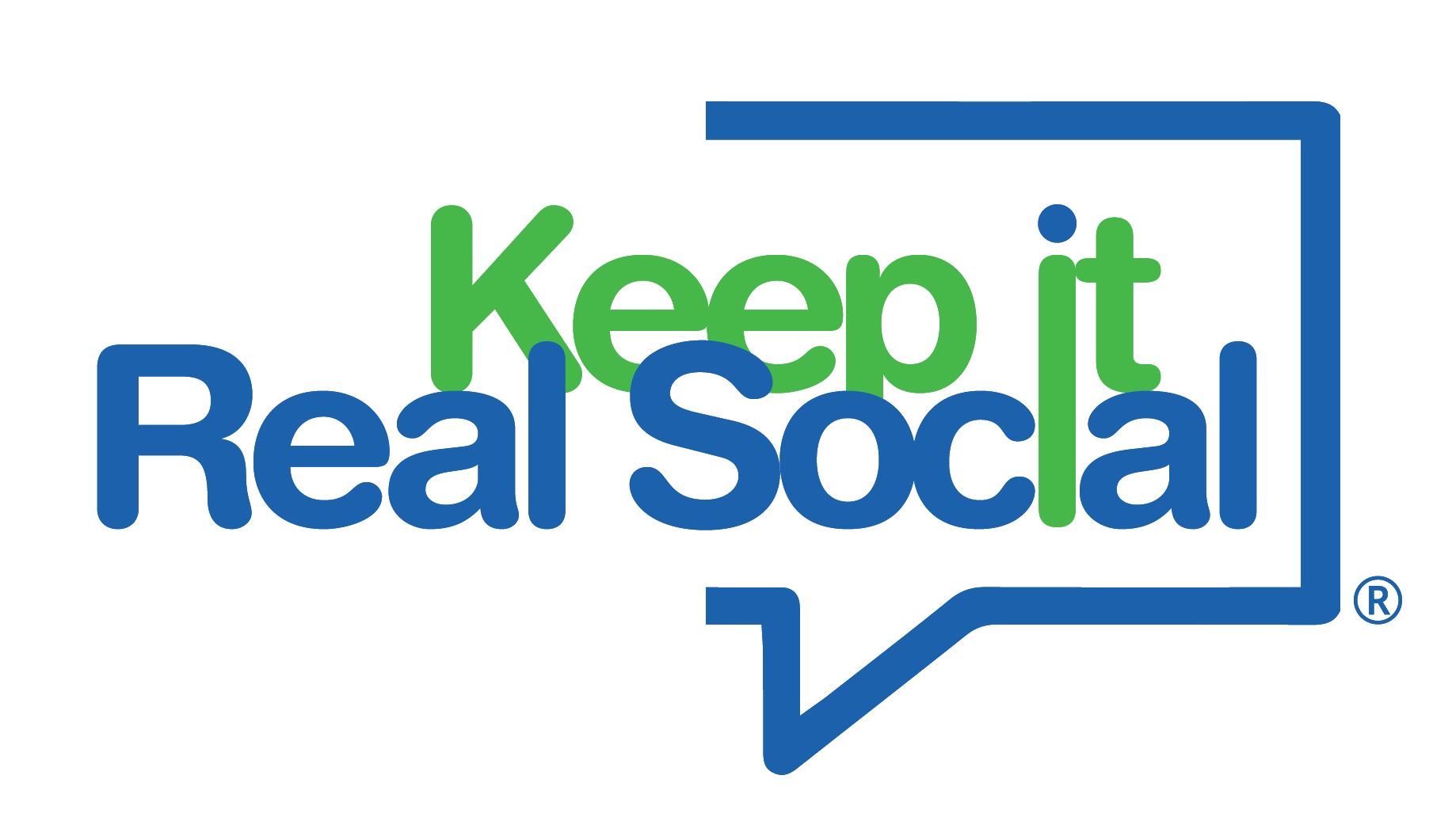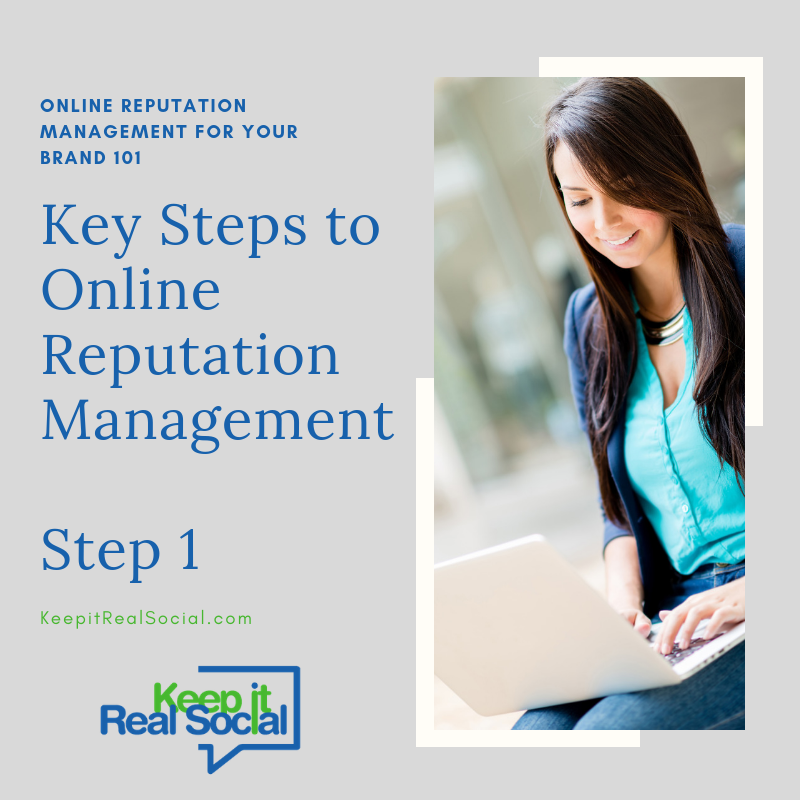A great deal of work goes into managing your reputation online. In fact, there are even ORM firms that specialize in taking care of businesses’ online image. Although it is a complex operation with many moving parts, it’s easy for anyone to understand the process if we break it down into its five key steps. Even a small business with little experience or resources can use these five key steps to manage its reputation in a simple, straightforward way.
Step 1 – Assess Your Current Reputation
The very first step is to research your online reputation and assess it. You’ll gain a general understanding of how people see your company and find any negative content that you need to deal with.
Search the Internet
Start by simply searching for your name in Google or another major search engine. This is self-explanatory, and you’ve undoubtedly done it before, but there are a few ways to make your search more effective.
First, you should go anonymous. Your browser brings back specific results tailored to you based on your preferences, browsing history, filters, and other factors. You want to see yourself the way any other web user would see you. There are three simple ways to go anonymous:
Use a private mode. On Google Chrome, this is called “Incognito.” Each browser has its own private browsing feature such as this. It doesn’t save any data from your activity, which includes your preferences and search history.
Log out. If you’re using Google, log out of all Google products such as Gmail and YouTube. They’re all interconnected and what you’ve done on Gmail or YouTube influences your Google search results.
Wipe the slate. Delete your browsing history and search history (the disadvantage here is that you’ll lose your history and it’s not as effective as the other two methods).
Another way to improve your search results is to refine your search by adding other keywords. One way to do this is to add a geographic marker, for example: “(business name) Las Vegas.” This may turn up more specific results and weed out businesses with a similar name.
You can get creative with the keywords you add, but here are some ideas:
- “(Your name) best”
- “(Your name) worst”
- “(Your name) review”
- “(Your name) unhappy”
- “(Your name) scam”
You can also add product names or keywords related to your products or services. Add misspellings into the mix as well, just in case a comment has your name misspelled.
In addition to regular Google search, you should conduct an image search and a video search. Other places to search include:
Social media sites like Facebook and Twitter, whether you use them or not
Business listing sites like Google My Business, Yelp, and CitySearch
Amazon.com, eBay, and other e-commerce sites where your products are sold
Set Up Alerts
For ongoing monitoring, it’s best to set up alerts. An alert notifies you whenever content that mentions you is posted anywhere on the Internet. This is important because you don’t have time to search the Internet every day to see what’s been posted about you. Alerts bring this information to you directly. Furthermore, you get notified in real-time, which is important when there are negative comments that require immediate action.
Google Alerts. The most comprehensive alert program is Google Alerts and it’s completely free. Google Alerts has a simple form where you add the keywords you’d like to be alerted for. Enter the keywords and your email, and Google will send you a message whenever you’re mentioned online.
Social Media Alerts. At the time of writing, social media sites don’t have their own built-in native alert systems, but you can get alerts through some social media dashboards like Hootsuite Insights. A good comprehensive program that brings alerts from social media sites like Facebook and YouTube is SocialMention. SocialMention offers other tools like a keyword analyzer as well.
If This Then That (IFTTT). If This Then That, or IFTTT, is a website that automates various online tasks. Users create “recipes” that the site follows. You can create one to scan for keywords on websites chosen by you. This is useful for closely monitoring industry websites rather than just the entire web. Like Google Alerts, you choose keywords and websites and it searches and sends you alerts.
Just like your web search above, set up alerts for various keywords that are related to your brand. Set alerts for misspellings of your name, your name with a geographical marker, product names, your website URL, your name along with “review” and other keywords, and so on.



